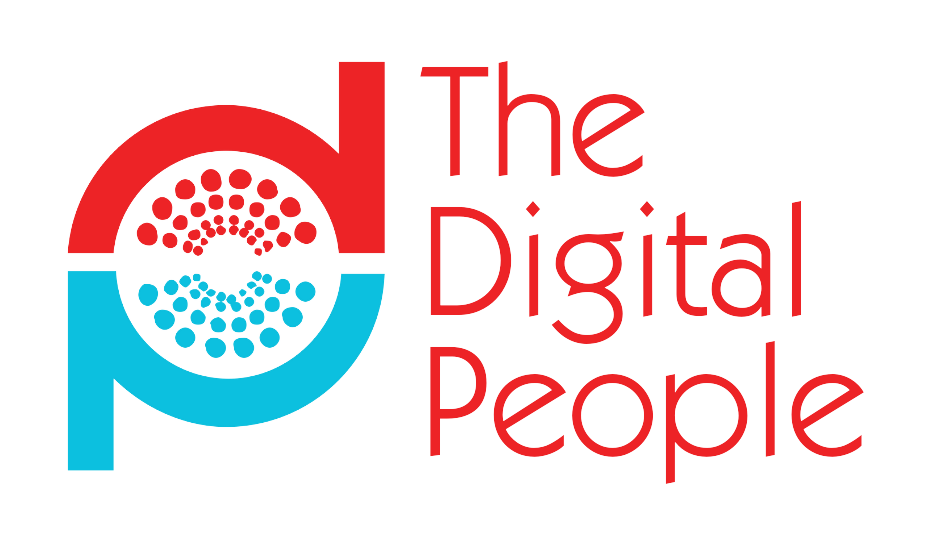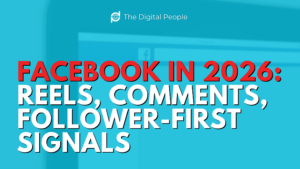Every business dreams of that one viral moment—the post that racks up millions of views, skyrockets engagement, and floods your inbox with new customers. But here’s the harsh reality: virality is not a marketing strategy.
Chasing viral success can often do more harm than good. Instead of focusing on long-term brand growth and customer loyalty, businesses end up prioritizing short-lived trends and gimmicks that don’t contribute to sustainable success. Let’s break down why the obsession with going viral is overrated and what your business should focus on instead.
1. Virality Is Temporary, Not Sustainable
Going viral might bring a spike in website traffic, social media followers, and engagement, but it rarely leads to long-term success. Why? Because virality is unpredictable, and most viral moments don’t convert into lasting customer relationships.
A business that relies on viral content often finds itself stuck in a cycle of chasing the next big trend rather than developing a consistent, results-driven marketing strategy.
2. Viral Content Attracts the Wrong Audience
A video, meme, or tweet might gain thousands of shares, but if it doesn’t align with your target audience, those views mean nothing. Many businesses experience a surge in engagement only to realize that the people interacting with their content aren’t potential customers.
Focusing on quality engagement over quantity is far more valuable. A small but highly engaged audience of potential customers will convert at a much higher rate than a massive, unqualified audience drawn in by a viral gimmick.
3. Your Brand Message Can Get Lost
When businesses try too hard to go viral, they often compromise their brand identity for the sake of trending content. This can create inconsistency in messaging, making it harder for customers to understand what your business actually does.
Viral content tends to focus on entertainment over value, which can overshadow your brand’s mission, expertise, and core messaging. Instead of creating content just for clicks, focus on content that aligns with your brand and builds credibility over time.
4. Virality Doesn’t Always Lead to Sales
One of the biggest misconceptions about viral marketing is that more views automatically mean more revenue. In reality, viral traffic is often fleeting and doesn’t translate into conversions.
Rather than chasing millions of views, prioritize marketing strategies that drive measurable business growth, such as:
- SEO-optimized content that ranks long-term
- Email marketing that nurtures relationships
- Paid ads with clear targeting
- Community building through valuable social media engagement
What to Do Instead of Chasing Virality
Instead of trying to create the next viral sensation, focus on consistent, sustainable marketing strategies that build trust, authority, and long-term success.
- Create high-value content that solves customer problems
- Engage with your audience authentically on social media
- Leverage storytelling to connect emotionally with potential customers
- Invest in SEO to drive long-term organic traffic
Virality might bring a moment of excitement, but a solid marketing foundation brings lasting success. Don’t let the pursuit of a viral hit distract you from building a business that grows steadily and retains loyal customers. If you’re ready to develop a marketing strategy that works beyond a one-time viral moment, let’s talk.
Want to learn more? Read our blog, “Instagram VS. TikTok VS. Youtube Shorts: Where Should You Focus?




